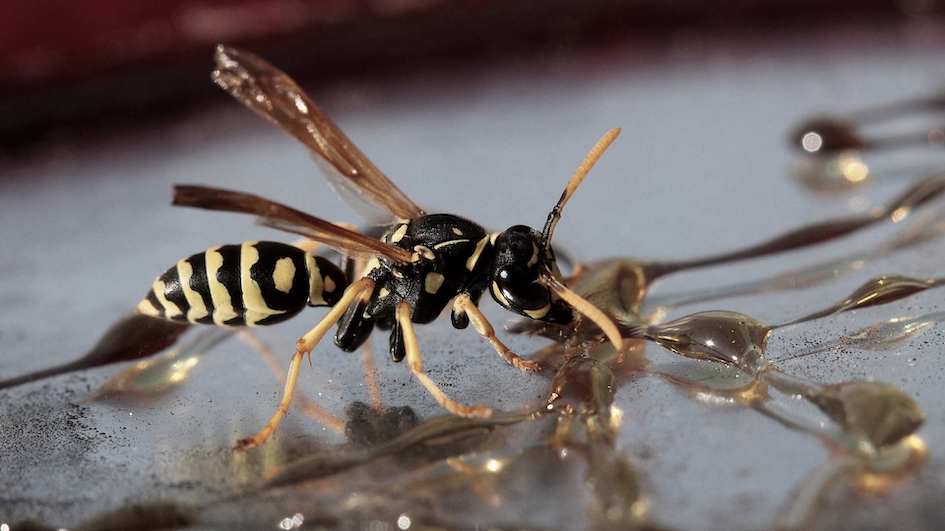
HOW TO GET RID OF SUGAR CRAVINGS
Sugar cravings—the hardest temptation to resist for many athletes, health and fitness enthusiasts. The desire to eat sweets might seem normal and related merely to a love for certain desserts, but there are biological processes that are the main reason for it.
SUGAR CRAVINGS EXPLAINED: WHAT HAPPENS ON A BIOLOGICAL LEVEL?
Our hunger and appetite are controlled by a complex interaction of hormonal signals. These signals arise from fat cells, cells in the gut and in the pancreas.
Some of the well-known hormones that impact hunger and desire to eat include leptin, ghrelin, Cholecystokinin (CCK), Glucagon-like peptide-1 (GLP-1) and Gastric inhibitory polypeptide YY (PYY).
Without going into details about any of these hormones, there are a few fundamental things to note that will help you better understand the process of eating, and therefore sugar cravings.
- Ghrelin: this hormone acts on the brain and stimulates hunger.
- Leptin: released by fat and reduces hunger.
- CCK: released by the small intestine but responds both in the gut and in the brain. This hormone suppresses hunger.
- GLP-1: make you feel full longer by slowing down the stomach emptying.
- PYY: produced in response to food in the colon and small bowel; decreases hunger.
What is interesting is that CCK reduces appetite and feedings, but it can be triggered by particular fatty acids, certain amino acids and sugar combined. You might be wondering how this is possible? Since eating sugar alone makes us want to eat far more of it, this is a very reasonable question [1]. However, a separate mechanism is the responsible for sugar making us crave more sugar.
When eating sugars, the rate of glucose increases in the bloodstream, which enhances appetite and promotes hunger. This is also why some food manufacturers add hidden sugars to their products [2].
HOW TO DEAL WITH SUGAR CRAVINGS WHEN THEY SHOW UP
Avoiding processed foods and sugars is much easier said than done. Arming yourself with practical tricks and tools to help you overcome cravings is a much more sustainable way to succeed, instead of relying only on willpower.
Fortunately, there are bio-hacks that can help you reduce or even eliminate sugar cravings. Appetite is kept clamped when our body receives enough of certain nutrients, including Omega-3 fatty acids, conjugated linoleic acid (CLA) and amino acids. These nutrients can be obtained both from food and supplements [3].
Numerous studies reveal that people and animals eat until they’ve consumed enough omega-3’s, omega-6’s, CLAs and certain amino acids. In other words, we eat until we trigger the activation of CCK. This means that if our food and supplements provide us with enough of these nutrients, we subconsciously won’t feel the need to overeat and are less likely to experience sugar cravings [4,5].
One particular amino acid that has a huge role in controlling appetite and sugar cravings is glutamine. Glutamine is an essential amino acid, which can trigger a potent release of CCK.
Supplementing with glutamine powder could be beneficial for many people, especially if you struggle with sugar cravings. Always look for products by respected brands and clean source.
A powerful trick is to take a teaspoon of glutamine powder a few times throughout the day and/or any time you have a sugar craving. You can mix it with water or with something rich in fatty acids, such as rich coconut milk or cream. This will ensure you reach the threshold level of glutamine and make the cravings go away [5]. For most people, there will be a decrease in cravings right away, but the results might differ depending on the way you metabolise each nutrient.
TRICKS TO NOT HAVE SUGAR CRAVINGS
Overcoming sugar cravings is not a quick and easy battle. It takes time, consistency with a nutrient rich diet and deep willingness to change.
As mentioned above, we eat until we trigger the release of CCK. Consistently following a diet that has plenty of the nutrients that trigger CCK will eventually result in a normal appetite and reduced craving for sweets. Note that dieting and underfeeding is likely to provoke more sugar cravings for the lack of CCK release.
Here is a short list of foods that triggers such release.
- Food sources of glutamine: chicken, pork, lamb, beef, fish, cottage cheese, cabbage, spinach, tofu, lentils and/or beans.
- Food sources of omega-3 and omega-6 fatty acids: fish, eggs, flaxseeds, chia seeds, walnuts, soybeans, plant oils, such as avocado oil and flaxseed oil.
- Food sources of CLA: dairy products, meat, eggs, mushrooms and vegetable oils.
If you struggle meeting your daily demands of these nutrients, consider taking supplements to help you maintain a healthy diet. Dietary supplements can be an important addition even to a highly nutritious diet, as they can provide greater amounts of essential nutrients from a single pill or a scoop of powder.
Collagen peptides powder is a great example of a universal dietary supplement. Collagen is a complex protein that contains different amino acids, including glutamine. Furthermore, it is great for your bones, joints, hair and skin. FLEXIBLE by LEMAlab contains hydrolyzed bovine collagen, which makes it the perfect supplement not only for those who want to overcome sugar cravings, but also for everyone looking for ways to improve their health.
Give willpower a chance and rely on physiological tricks that will signal your brain you don’t need so much sugar. Once your body feels that is has the right fuel it will no longer unreasonably crave sugar.
REFERENCES
[1] R. Peikin, ‘Role of cholecystokinin in the control of food intake’
[2] J. G. Aller, I. Abete, A. Astrup, ‘Starches, Sugars and Obesity’
[3] Ramel, ‘Beneficial effects of long-chain n-3 fatty acids included in an energy-restricted diet on insulin resistance in overweight and obese European young adults’
[4] Sayegh, ‘The role of cholecystokinin receptors in the short-term control of food intake’
[5] Huberman Lab Podcast #16, ‘How Our Hormones Control Our Hunger, Eating & Satiety’

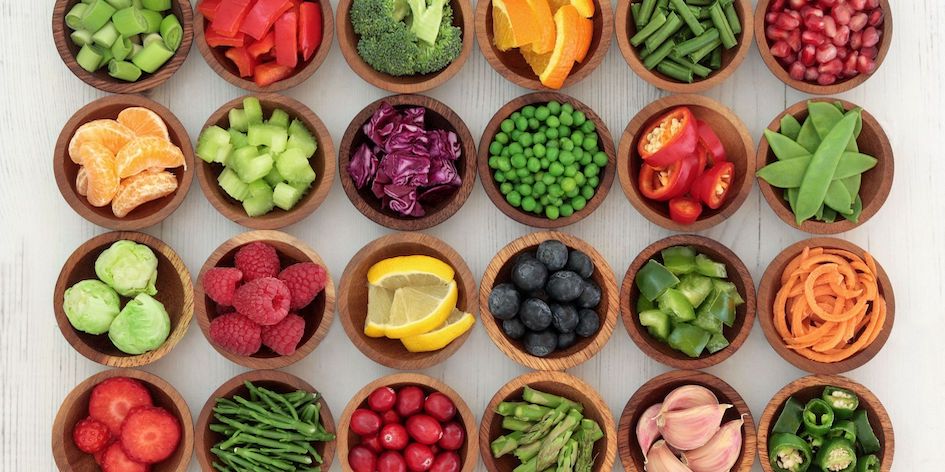

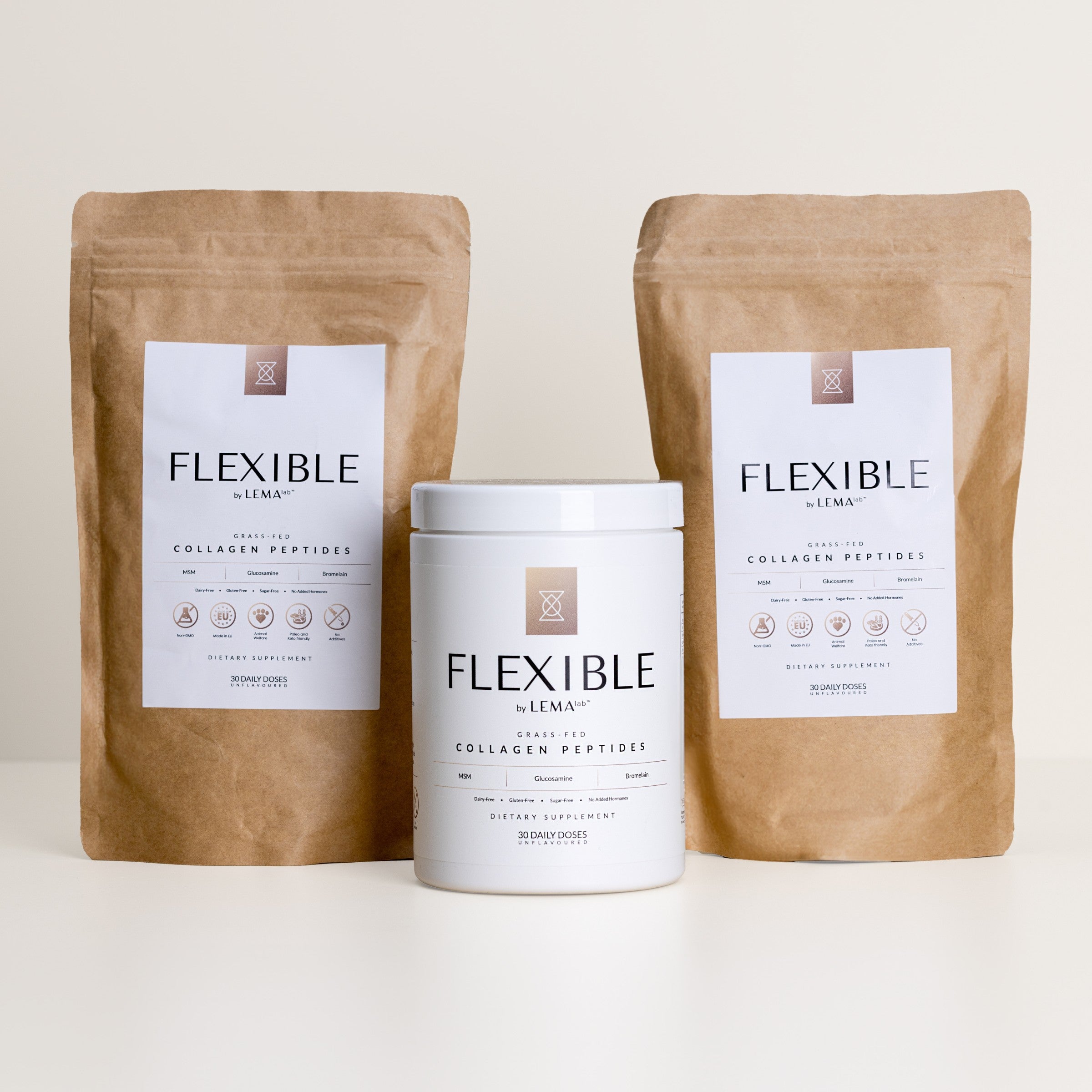


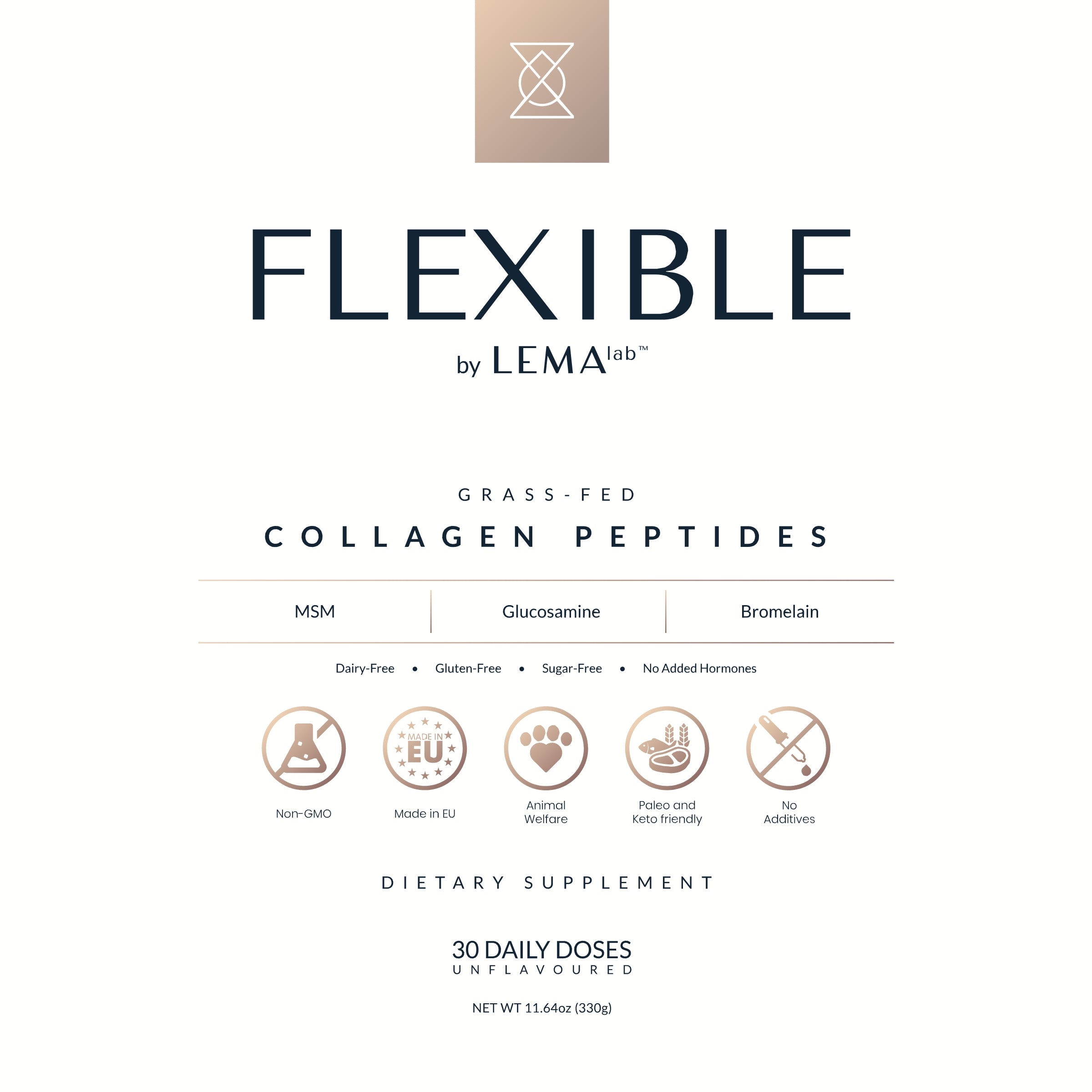
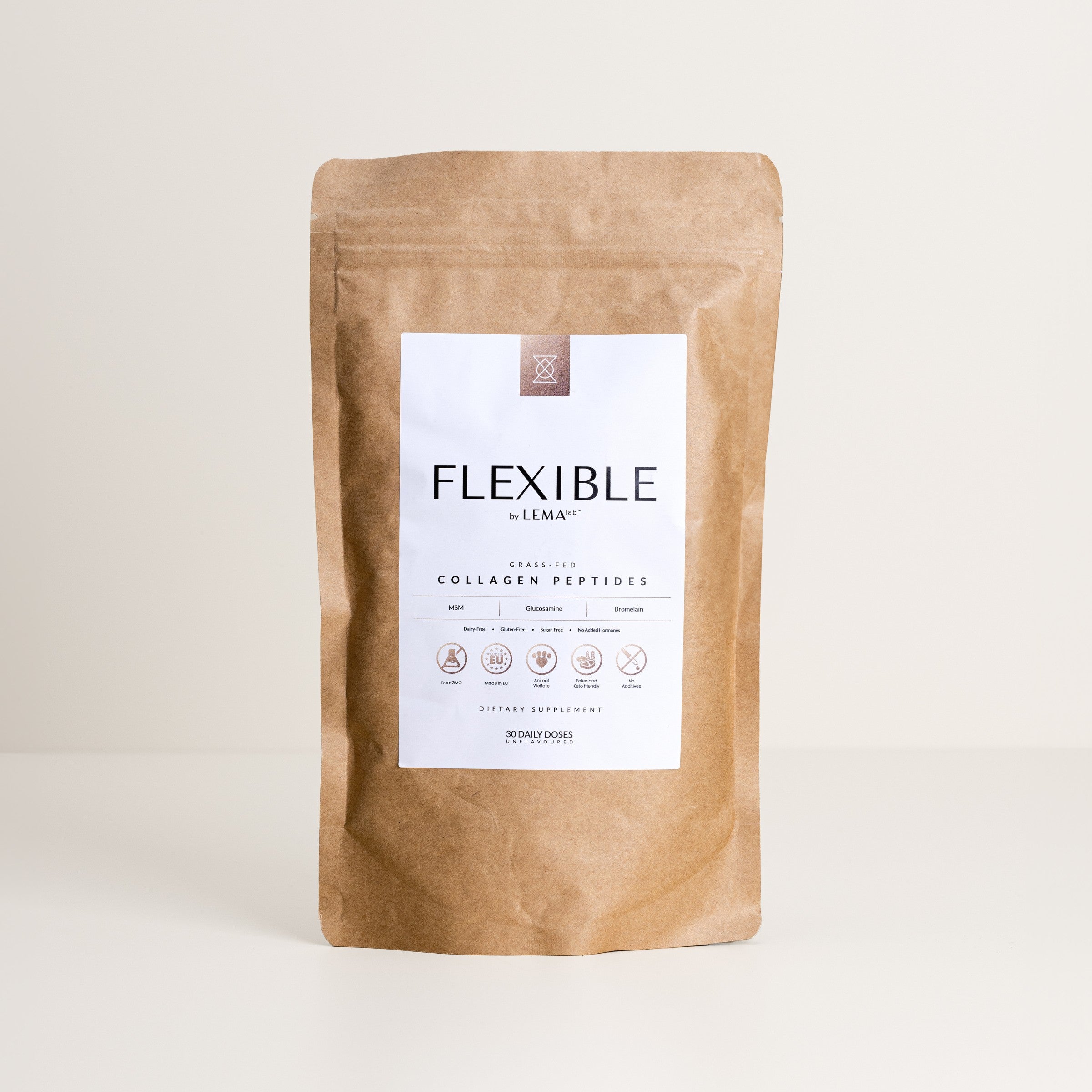
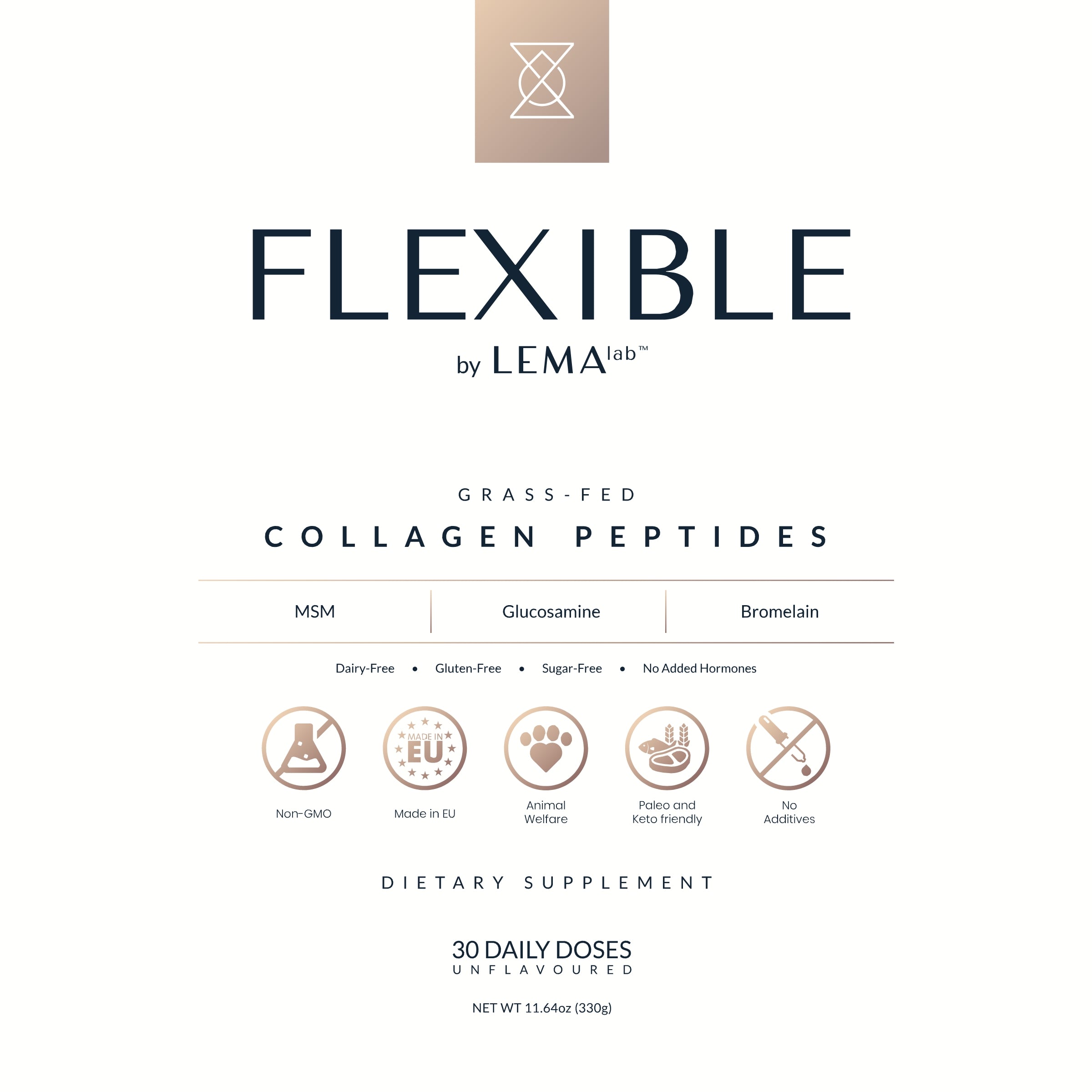
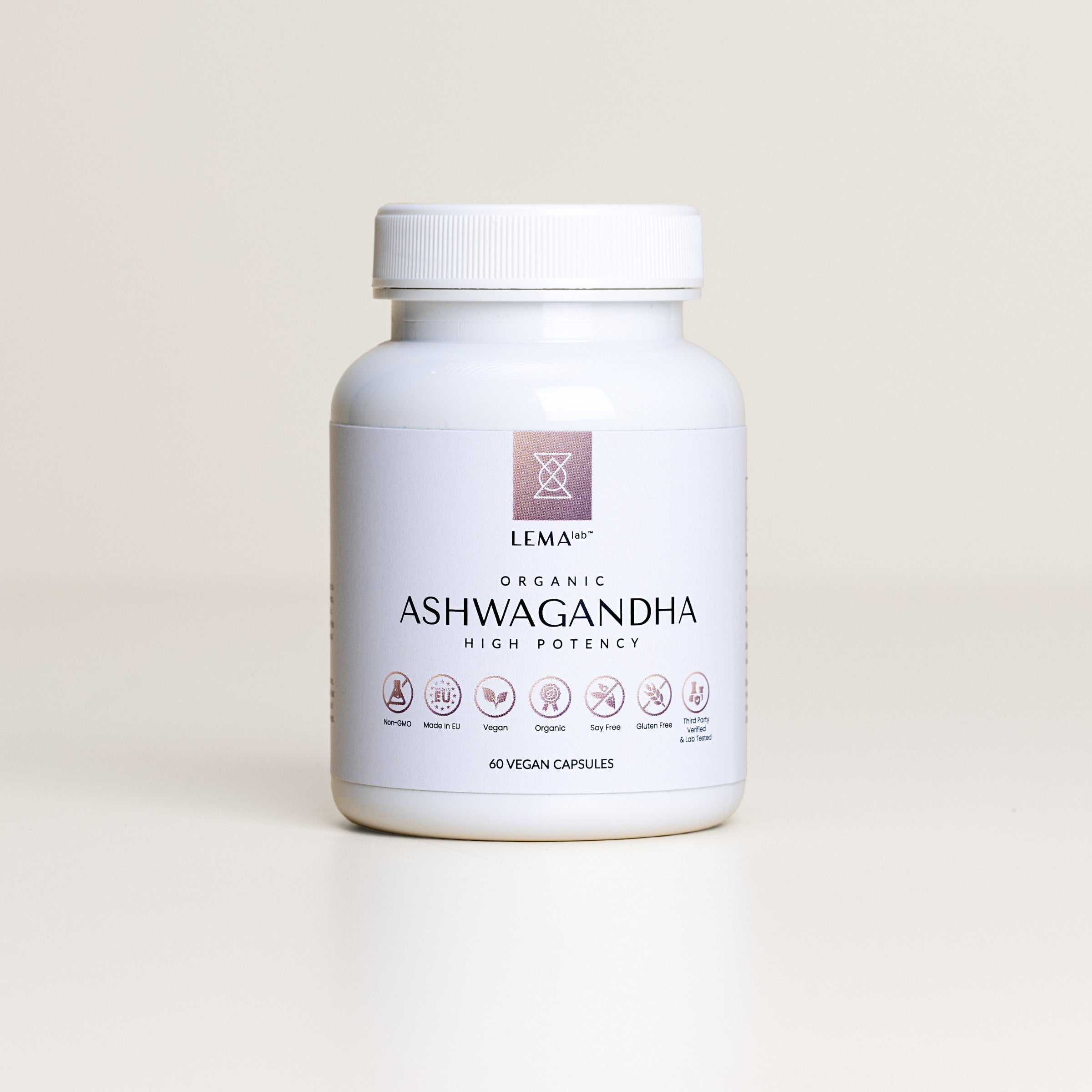
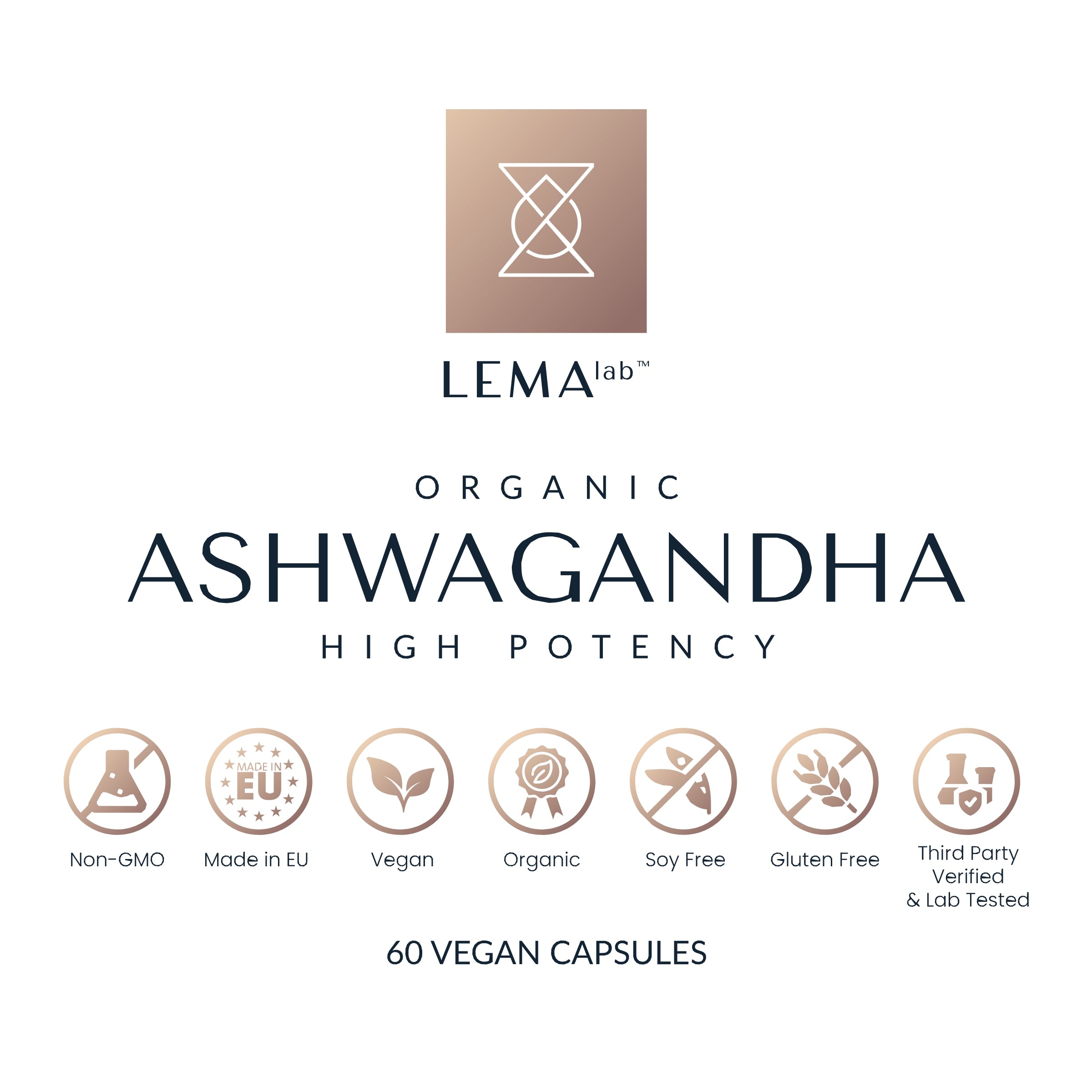

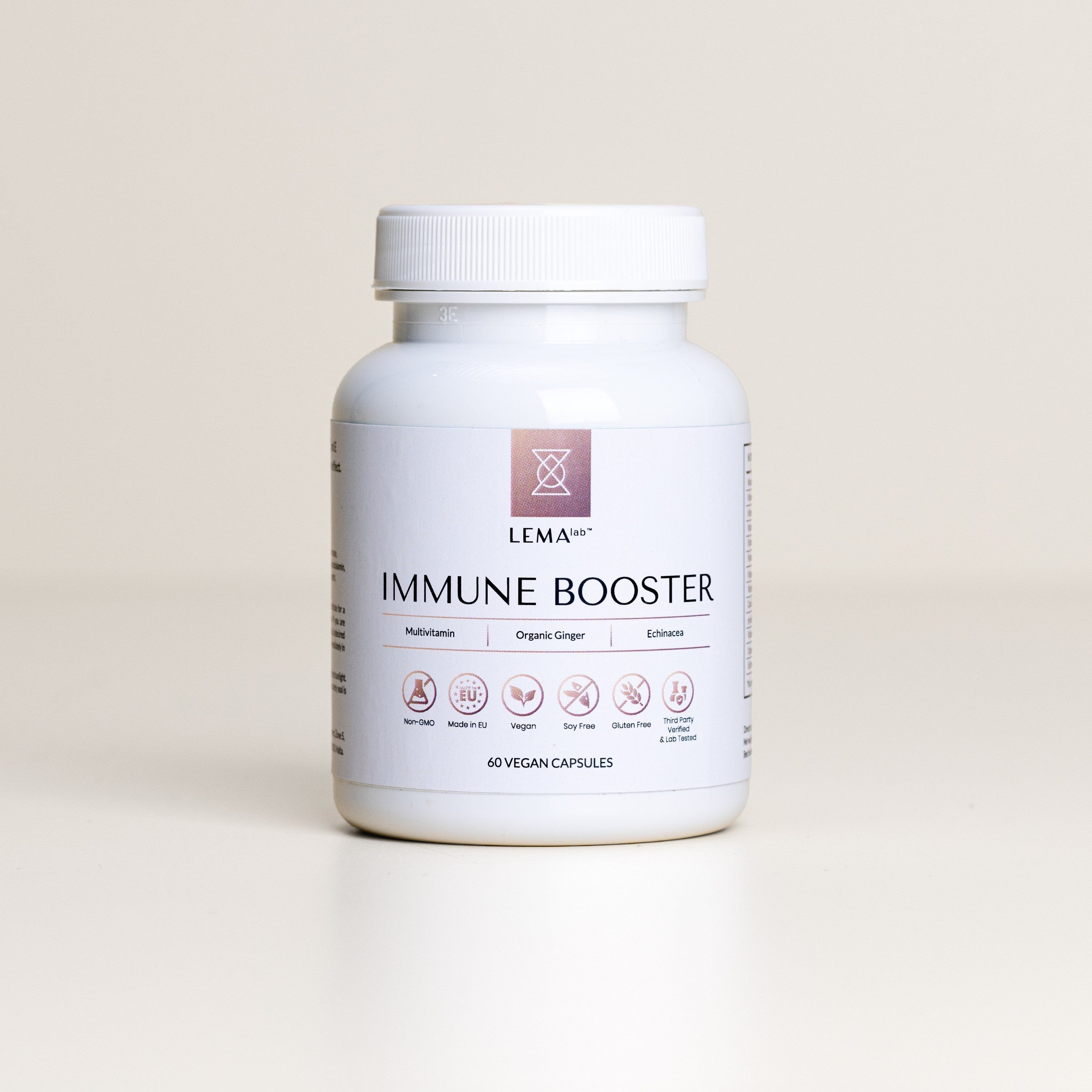
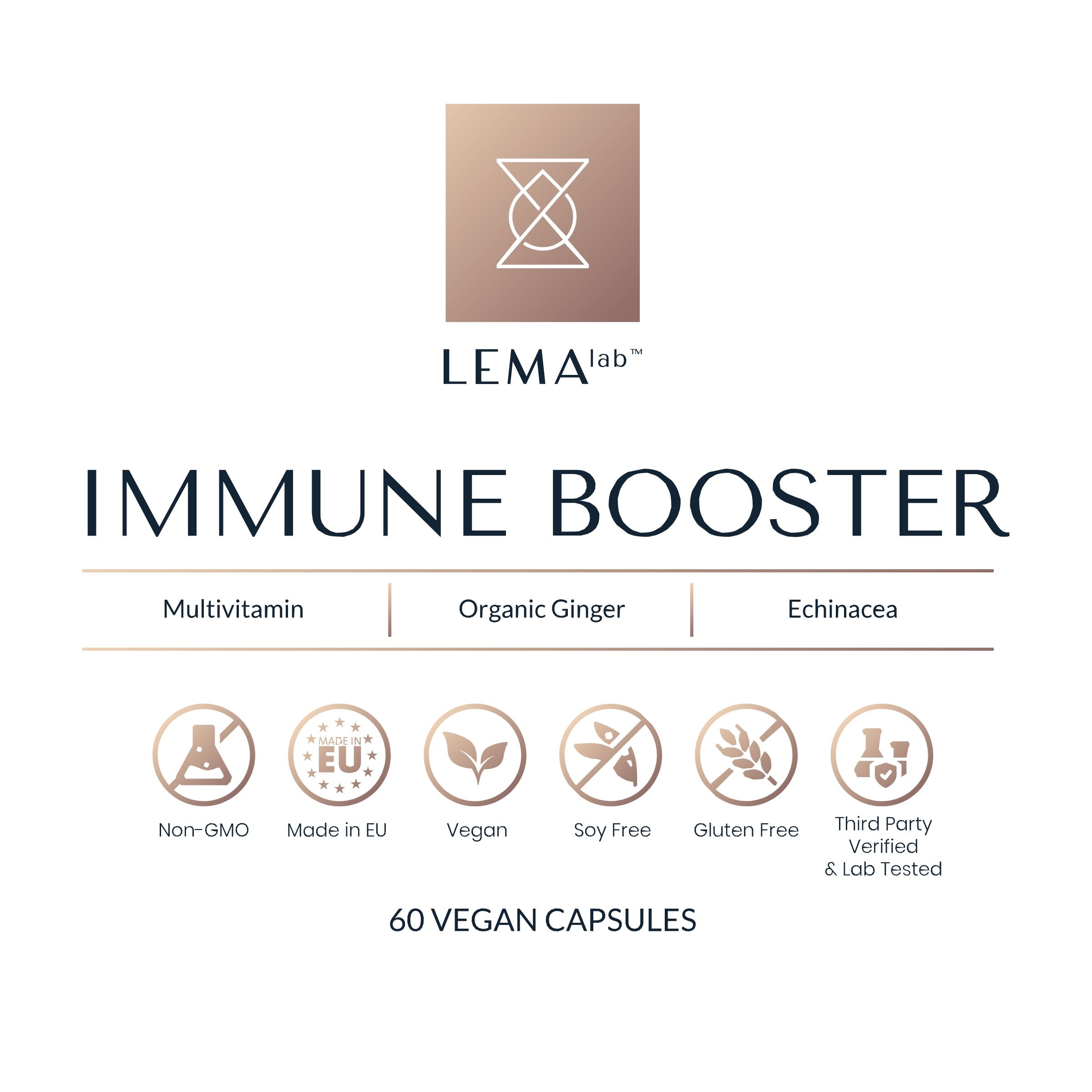
Leave a comment
This site is protected by hCaptcha and the hCaptcha Privacy Policy and Terms of Service apply.